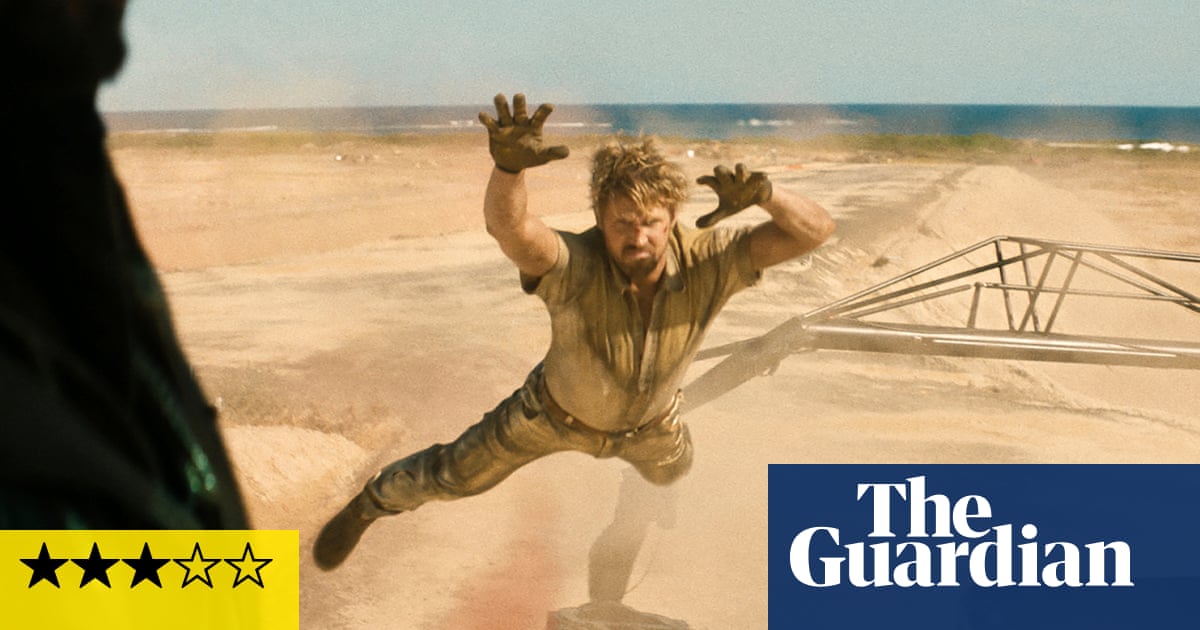
hannel 4’s three-part series Royals Declassified uses previously unseen documents, including diary entries and letters, to tell the story of the Queen’s reign. The second episode, Queen Elizabeth and the Spy in the Palace, is, of course, about Anthony Blunt – knight of the realm, wartime employee of MI5, renowned art historian, surveyor of the king’s (and later queen’s) pictures and – it turned out in 1979 – a Soviet spy just about all along.
The question posed at the top of the programme is whether the secrets to which he became privy during his time with the Windsors could still harm the royal family.
The answer is: who cares? Yes, he was sent by the royals to retrieve some trickily pro-appeasement, pro-Nazi correspondence between the erstwhile Saxe-Coburg-Gothas and their German relatives (particularly letters from the Duke of Windsor considering the possibility of being restored to the throne if Hitler succeeded in invading Britain). And, yes, copies of these may have be among the 18,000 documents Blunt is believed to have handed over to his Russian mates. But the fascist sympathies of Edward and his kin are not news. Besides, there is a risk their republication now could be a shot in the arm for monarchism, not republicanism.
Moreover, when you have Blunt as the central figure in your programme, whatever the overarching theme of the series is, any questions other than those surrounding the whys and wherefores of sustained treason and treachery fall by the wayside.
Queen Elizabeth and the Spy in the Palace runs through the basics. Born into the heart of the establishment in 1907; best friends with Louis MacNeice and John Betjeman at Marlborough; on to Trinity College, Cambridge at a time when the Russian revolution was a recent memory and England’s elite were choosing whether they fancied European fascism or the Soviet Union’s promise of a workers’ paradise.
People like the royal family generally chose the former. Those who fancied themselves as intellectuals went for the latter. Glorious dictatorship by the masses for the win! As a thrillingly furious Dr Piers Brendan puts it: “He abdicated his intellectual responsibilities by refusing to face up to what was evident – not to everyone, but should have been evident to him – namely, that Stalin was a mass murderer of an entirely new kind.”
But Blunt was also in thrall to fellow Stalin fanboy Guy Burgess: more handsome, more glamorous, more at ease with his homosexuality than most could hope to be at the time. Many are convinced that Blunt would not have become a spy without Burgess’s seductive influence. By the end of the 30s, they and the rest of what would become known as the Cambridge Five had been recruited by Russian agents.
They all went to work for British intelligence during the war, with little more than breeding and the old boys’ network to recommend them. Among the 18,000 documents Blunt passed on were the plans for the D-day landings in Normandy. After the war, Blunt – whose mother had been friends with Mary of Teck, the queen consort, and whose family were dressed in her castoff clothes – took up the post as surveyor of the king’s pictures and continued his work against king and country. For what it’s worth, he convinced himself he was betraying only the latter.
When his treachery was discovered in the 60s, he suffered no fallout – he had the Queen Mother’s support, possibly because of all he knew about the family, and she persuaded the Queen to maintain the relationship for the next 15 years. It was – hold on to your muesli, fellow lefties – Margaret Thatcher who blew the public whistle on him, as the embodiment of cronyism. A stopped clock and all that …
The psychology of it all is fascinating, but beyond an assertion that Blunt had “a mania for betrayal”, it remains largely uninterrogated here. Did he believe that passionately in communism? Or in Burgess? Do you just feel like burning some cultural capital when you have so much to spare? Did his conscience ever speak?
Counterintuitive though it might be, there seems to be a constitutional requirement that documentaries – usually long and turgid – are produced whenever the smallest scrap of paper about the royal family becomes open to public scrutiny. This one is no better or worse than most. But Blunt pulls focus wherever he goes. We will never know enough about the man who knew too much.












